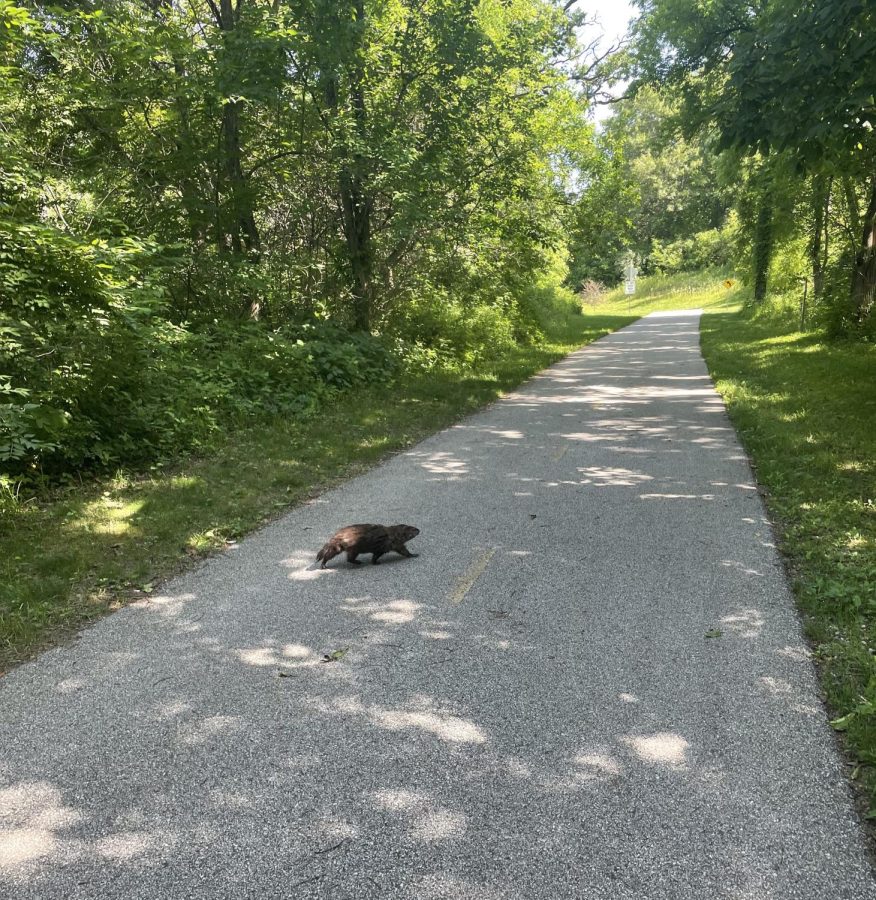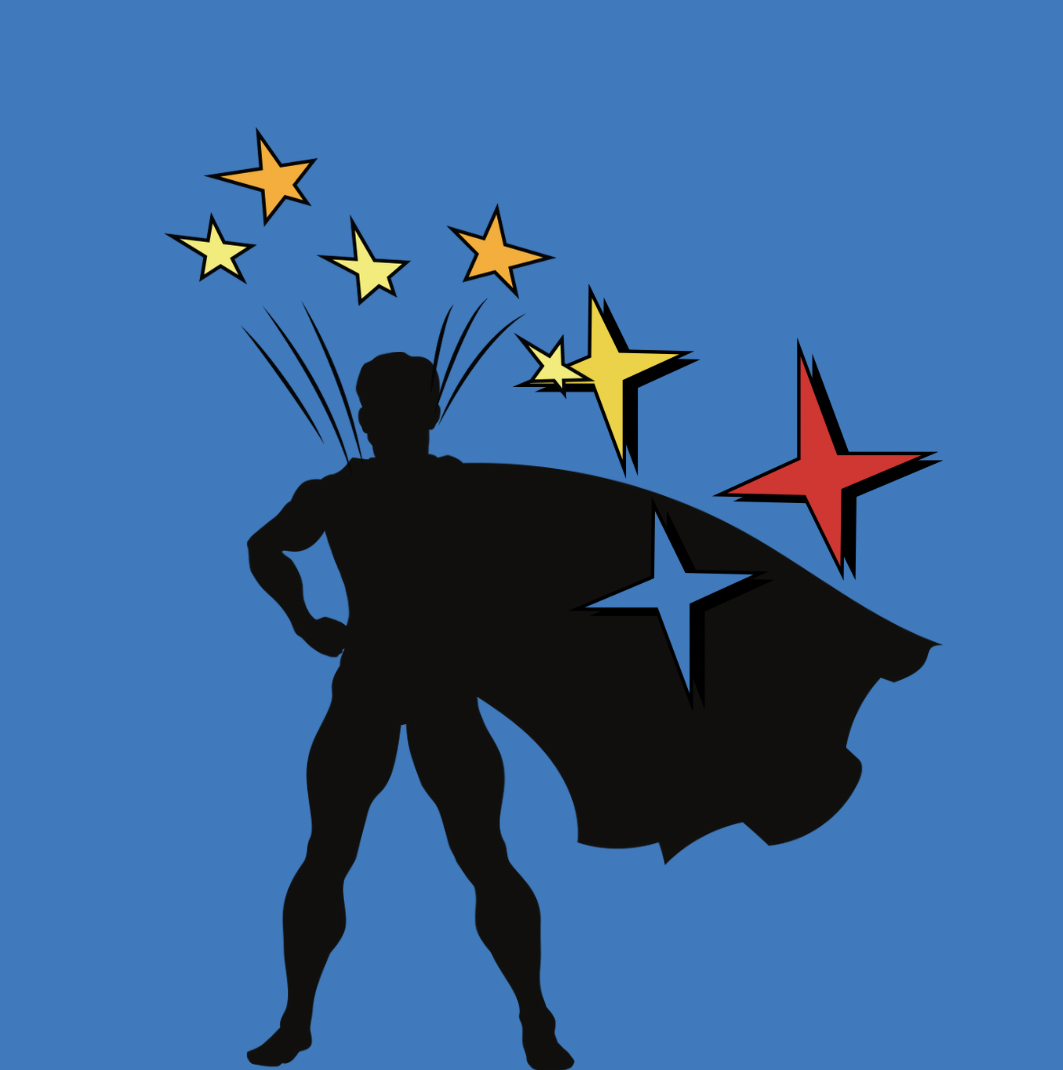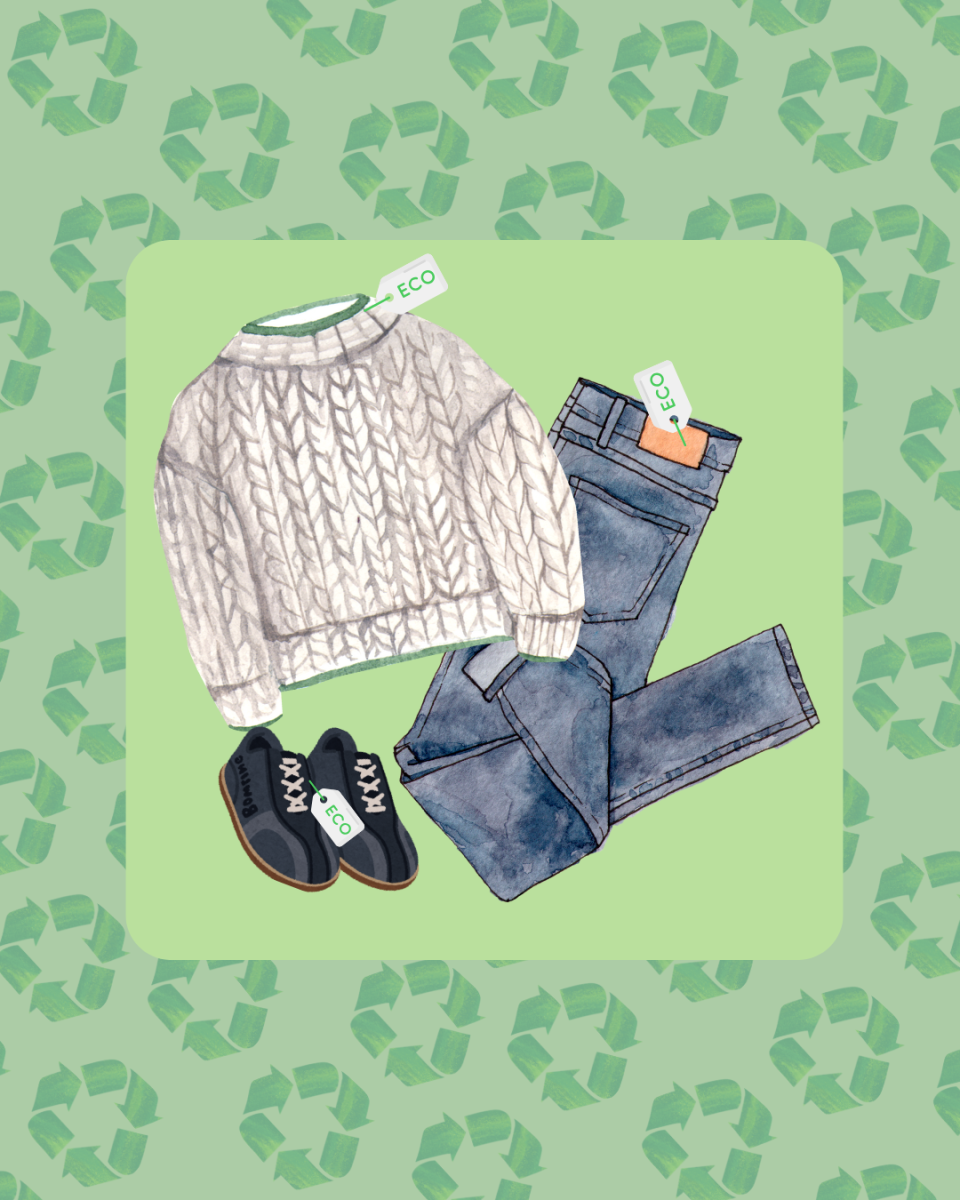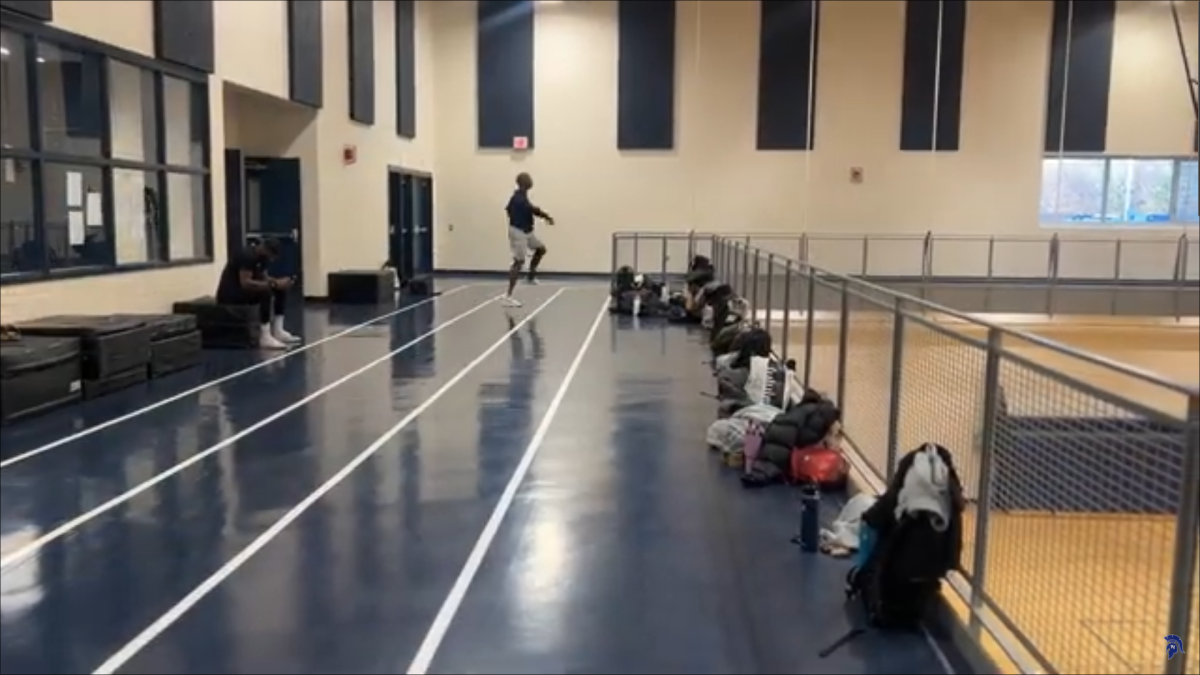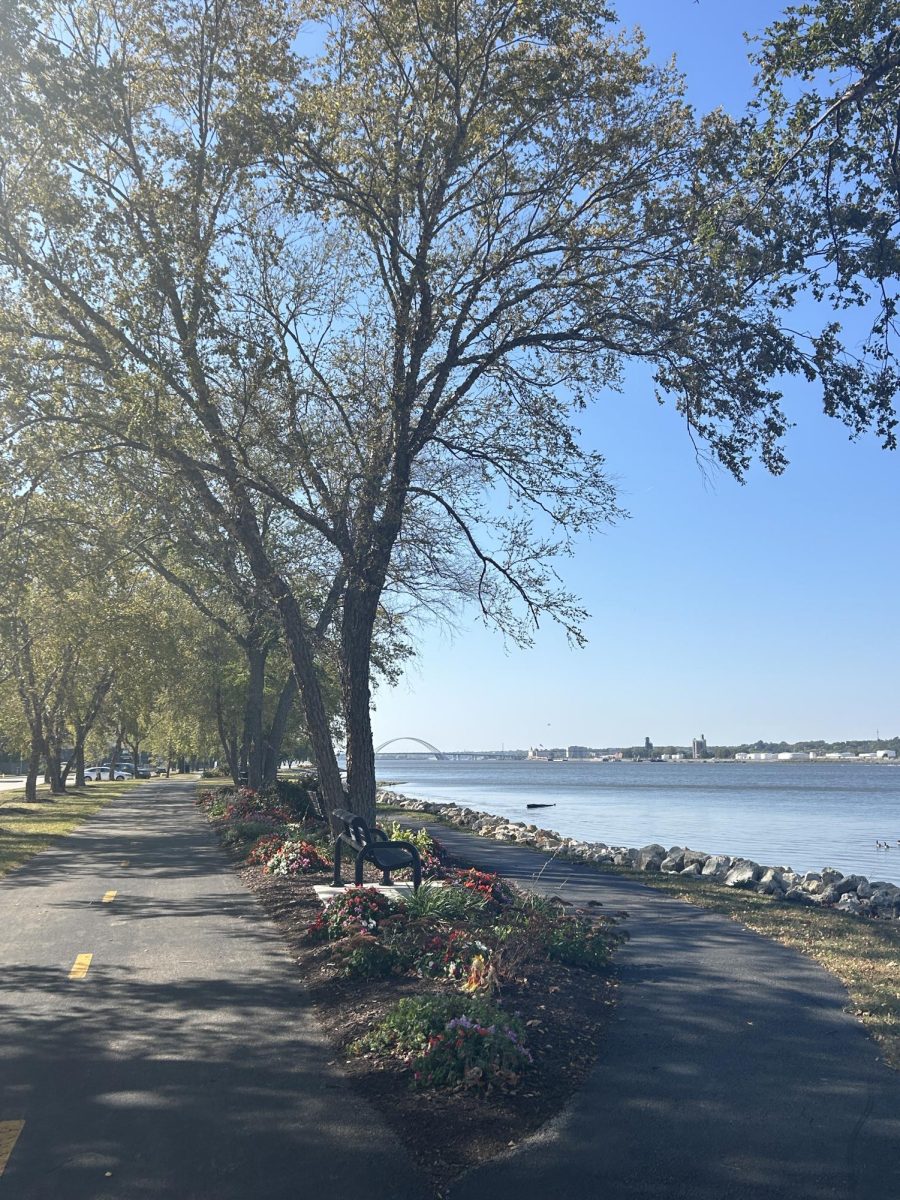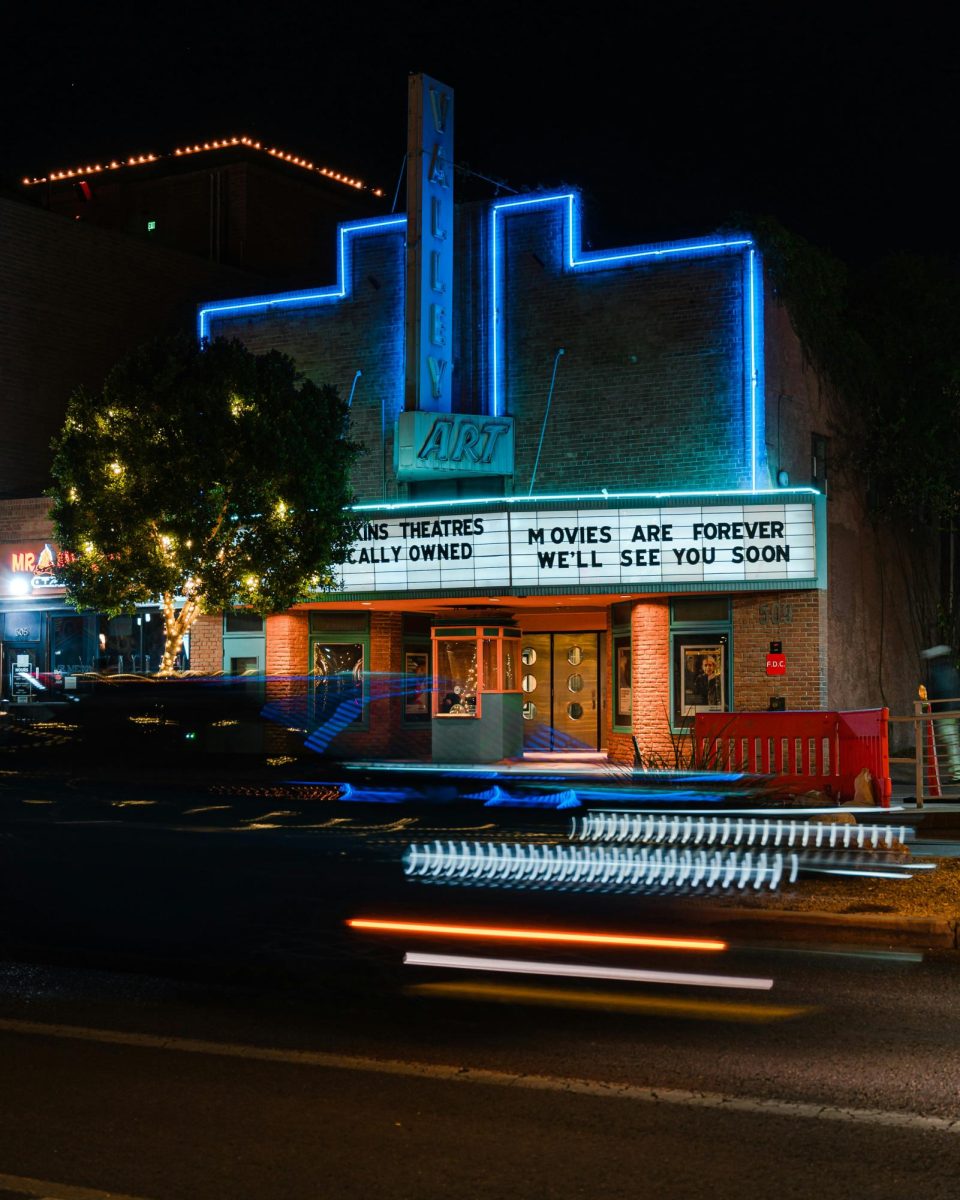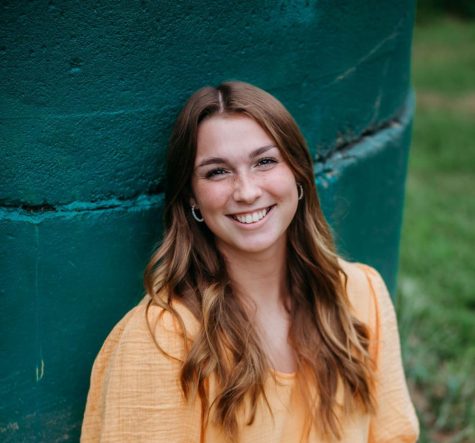Crown Prince Mohammed bin Salman of Saudi Arabia recently revealed his enthusiastic project: The Line. Stretching around 106 miles from the northwest Gulf country towards the Red Sea, The Line will be a futuristic economy for humanity. Designed to be 1,640 feet above sea level, the metropolitan area plans are set to be completed by the year 2030.
The future of Saudi Arabia foresees a future of flying cars, robots and artificial intelligence. Although there is limited information regarding the future of The Line, Salman has stated that The Line plans to run fully on renewable energy. The 106 mile project is a key part of an aspiring urban utopia that will house 9 million people.
$500 billion, that is coming from the Saudi government and Saudi Arabian Public investment Fund, is going towards this project with the hope of creating an enhanced experience for humanity. However, while these ambitious plans are being created for the world to gain a greener environment, many have raised the question, “Is this utopia actually a desired destination for Saudi Arabians?”
Although it is claimed that The Line will save humanity by eliminating pollution, it is also eliminating the presence of thousands of native Saudi Arabians.
Pakistani Muslim, Raania Ahmad feels for the Saudi Arabian Muslims. “It makes sense that the Saudi government wants to create more homes for their citizens, but they are destroying houses in the process, and evicting people who already settled down out of their homes” she said.
The Huwaitat tribe lies in the area where The Line is planned to be constructed. A tribe member Abdul Rahim al-Huwaiti was killed by police in April 2021 for his efforts in saving his home from destruction. But it isn’t just al-Huwaiti that was affected by this project. The entire tribe has faced the threat of eviction for an ambitious project that is seen by many as a money ploy for tourists.
Junior Ariana Assadi finds it unethical that the Saudi government would place a publicity stunt over its citizens’ lives. “I don’t think that Saudi Arabia is being truthful about The Line. It seems more like a publicity stunt that is hurting people, rather than an environmental solution,” she said.
There are ways to responsibly intertwine the interests of both citizens and large-scale environmental projects, but Saudi Arabia is just choosing to prioritize money and publicity rather than the needs of both their citizens and the Earth. The Iowa Department of Agriculture and Land Stewardship is one organization that does a good job of balancing the interests of both citizens and the environment.
The Iowa Department of Agriculture and Land Stewardship, also known as IDEALS, is a state-wide water and soil conservation organization located in every county in Iowa. The overall purpose of this institution is to keep Iowa land productive and water clean. Within this organization, local citizens give input on priorities such as meat and poultry inspections, climatology and dairy control.
Instead of impeding on citizens’ lives like Saudi Arabia has with The Line, IDEALS creates a safer environment.
Although the monolithic city of The Line appears to be a grand ideal for future citizens, in reality, it is far from perfect. Corporations like IDEALS focus on changing the future for the better, while Saudi Arabia’s big ambitions for The Line bring destruction to the environment as well as the displacement of native groups.
Ahmad carries mixed emotions regarding Saudi Arabia’s efforts. “I understand that Saudi Arabia is trying to give citizens a better environment to live in, but in this case it seems that they are greenwashing, and it is all very contradicting,” she said.
Before romanticizing the thought of a utopian future, it’s necessary to think about the threatening environmental and ethical implications of a seemingly perfect project. Creating a safe environment for all is the universal goal, but The Line is not a contributing solution to this problem.


